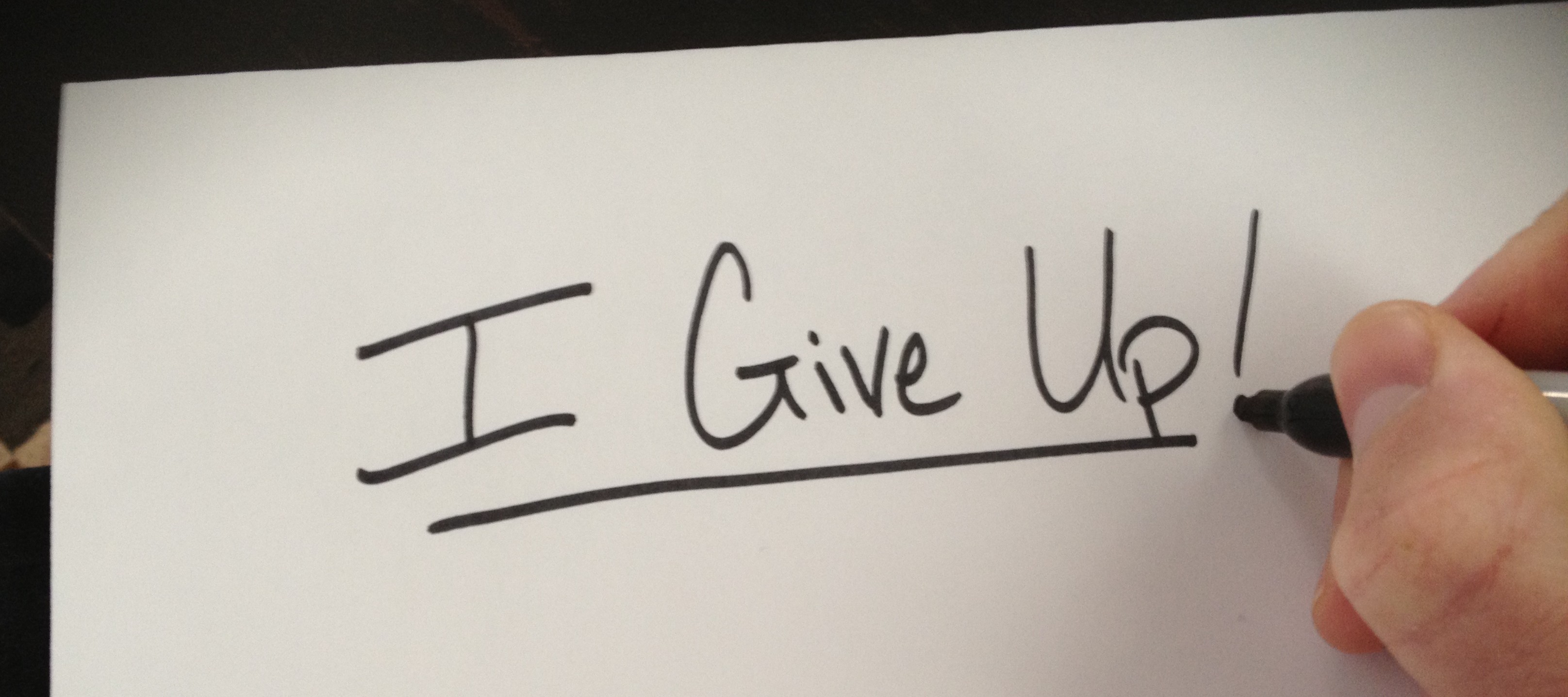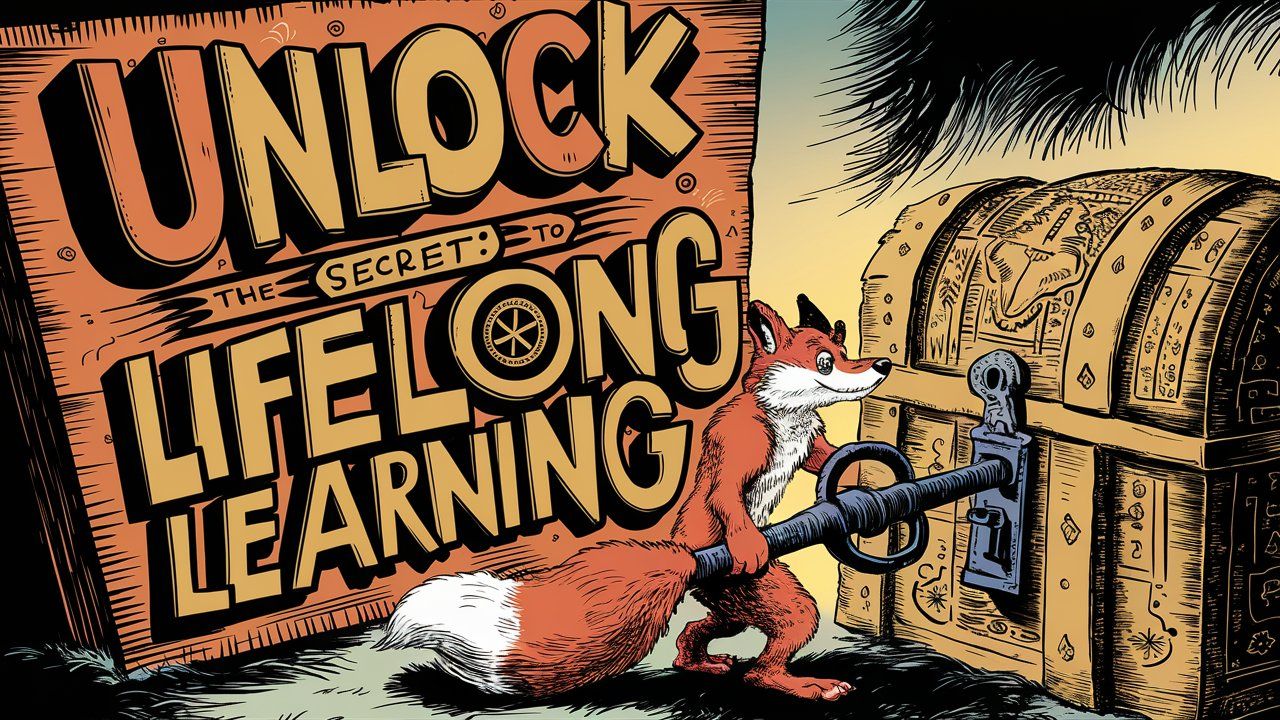Taking the easy road is nice for a while, but for talented, motivated people it isn’t enough. To find satisfaction you’ll need to set ambitious goals, solve challenging problems, and develop strengths you may not know you have.
Although the hard road is more fulfilling, it isn’t all champagne and victory laps. There will be times when you feel beaten and depressed — times when quitting looks like the best option. There is no formula for dealing with hard times, but these 8 steps will help you understand your predicament and determine the best course of action.
1. Take A Break
One reason we get down on ourselves is fatigue. When you’re tired everything is harder. You’ll also get bored. Fatigue and boredom combine to cause burnout — one of the biggest reasons people quit. When faced with burnout, the best thing to do is take a break. Cut yourself off completely. Do absolutely nothing for a day or two. What’s the worst that could happen? By allowing yourself to recover you’ll be more productive in the long run.
2. Step Back
Sometimes we get so absorbed in our own sphere that we develop a distorted picture of reality. When you feel like giving up, there’s a good chance that things aren’t nearly as bad as they seem, and there’s a simple solution that you’re overlooking. When things seem bleak, distance yourself from the situation to gain an accurate perspective. What would someone without any emotional involvement do? Asking this question will help you make optimal decisions.
3. Do Your Research

The only constant in the universe is change, but when you’re plugging away with your head down it’s easy not to notice. People often make decisions based on outdated assumptions made months, or even years earlier. To develop a course of action, you’ll need to know where you stand. Stop to evaluate your position.
- What do you have?
- What do you want?
- What opportunities still exist?
- What new opportunities have arisen?
By taking stock of the current situation, you’ll discover if your urge to quit is a passing whim or the correct decision.
4. Consult an Expert
When your knowledge base is insufficient you should seek an expert opinion. This doesn’t mean you have to make contact with a world class expert, anyone who knows more than you will be able to help. Think of friends, family, and business associates. Have any of them been in your position before? The web can also be a great resource, just be careful who you trust. Check out relevant forums or email a reputable blogger. I’m consistently impressed with the effort people expend to help total strangers.
5. Re-evaluate Your Strategy
Once you’re well informed, apply that knowledge to revamping your strategy. If you feel like giving up, you might be doing something wrong. This is the time to pour over your efforts and determine what works.
- What actions have lead to the greatest benefit?
- What mistakes have been made?
- What can be improved?
By answering these questions you’ll fine tune your strategy. The urge to give up is a blessing when it leads to analysis and constructive adjustments.
 6. Change Course
6. Change Course
Knowing what’s wrong and how you can fix it is a relief. Unlike an invisible monster hovering over you, an exposed problem can be directly assaulted. Once you’ve determined a change needs to be made, implement it full force. Don’t hesitate or dwell on past mistakes. Trust your own judgment and deal with new issues as they arise.
7. Push Through the Dip
In some cases you might feel like giving up even though you’re doing all the right things. This is called “the dip” — the plateau that separates the average from the best in the world. Knowing what to do when you hit the dip is so important. In you’ve hit the dip and you can honestly say that going forward is the best decision, lower your shoulder and plow ahead until you reach the other side. It might not be pleasant but the rewards are tremendous. If you make it.
8. Quit
We don’t have thoughts and emotions for nothing. Sometimes quitting is the best decision. Maybe you didn’t know what you were getting into. Maybe your priorities have changed. Maybe you’d be better doing something else. If you know deep down that quitting is the right move, do it. Don’t hesitate because of previously invested effort. That’s a sunk cost. If you ignore your better judgment and continue you’ll waste more time and energy.





